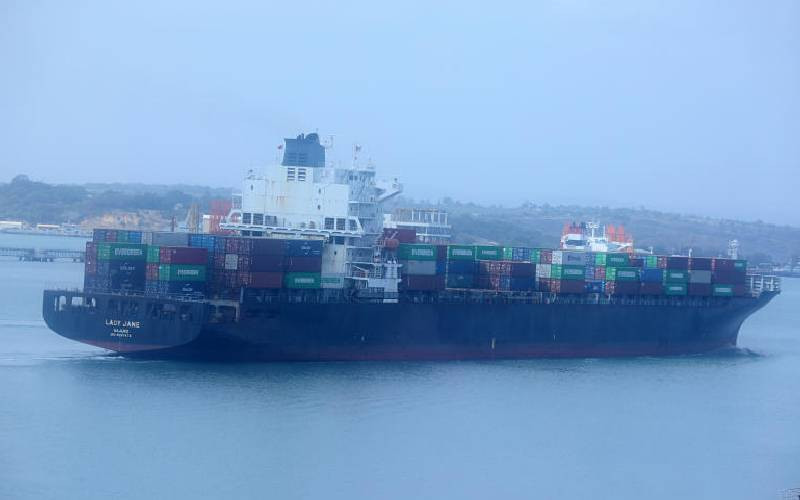×
The Standard e-Paper
Stay Informed, Even Offline

Most of the big shippers' fleets are less than 20 years old, but even the newer builds don't necessarily have the most advanced technology.
It takes roughly a year and a half to come out with a new build of a ship, and it will still be based on technology from a few years ago. So, most of the engines still run on fossil fuel oil.